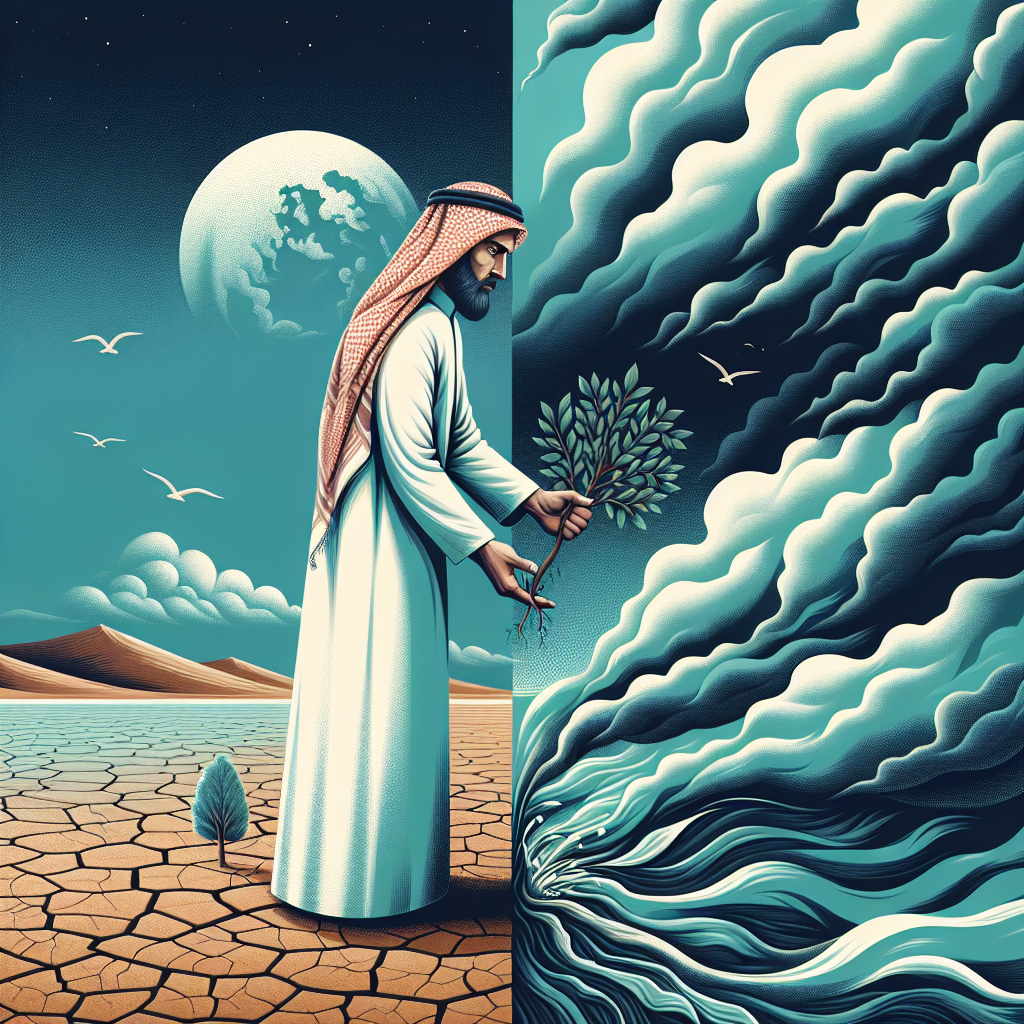Understanding Eco-Anxiety Through Psychological Theories
Eco-anxiety has emerged as a psychological concern in the era of climate change, where individuals grapple with intense worries about the planet’s future. As eco-anxiety gains recognition, its definition becomes crucial for both individuals and mental health professionals. Distinct psychological theories provide a framework to understand this condition better, providing insights into its nature and potential interventions.
Psychological Perspectives on Eco-Anxiety
Modern psychology offers various lenses to examine eco-anxiety, including Cognitive Behavioral Theory (CBT), which suggests that negative thoughts about environmental degradation can lead to anxiety symptoms. Another is Attachment Theory, linking individuals’ emotional distress to a ruptured connection with nature. To add, the Social Learning Theory posits that social media’s portrayal of climate change also amplifies eco-anxiety.
Addressing the public health implications, public health professionals advocate for a greater understanding of eco-anxiety, recognizing it as a growing concern that can influence community well-being. Moreover, the looming uncertainty of the future contributes to this anxiety, with individuals struggling with helplessness amidst potential ecological catastrophes.
Precise symptoms and diagnosis of eco-anxiety can be elusive, as it often overlaps with other psychological issues. Yet, awareness is the key step for effective coping strategies and managing the emotional turmoil caused by environmental distress.
